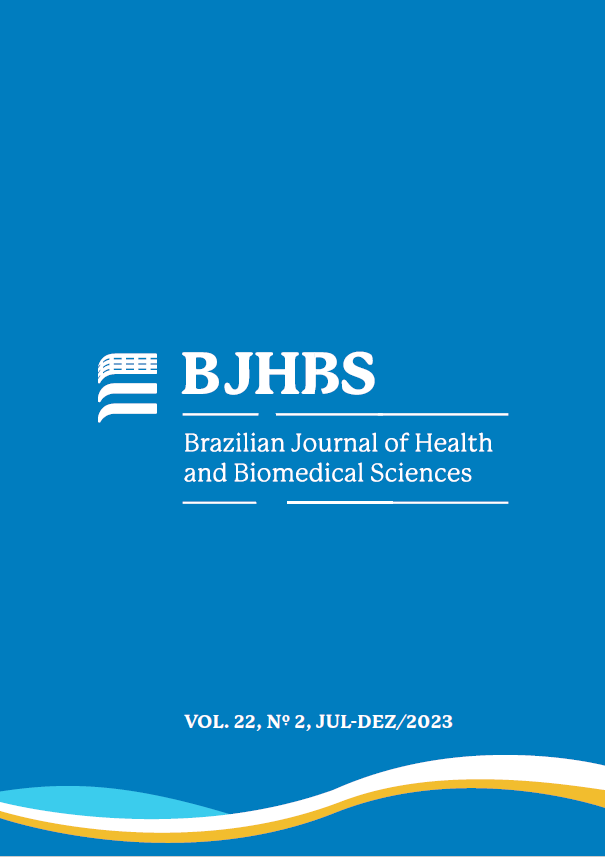Medicinal plants vs. conventional medicine: treatment assessments for indigenous populations
DOI:
https://doi.org/10.12957/bjhbs.2023.80040Abstract
Introduction: Although traditional healing practices are important for indigenous populations, access to modern health care practices is essential to ensure the health of communities as well as the prevention of diseases and their aggravation. Objective: To examine the acceptance of medication by the Pitaguary indigenous group, who live in Maracanaú, state of Ceará (CE), Brazil. Methodology: An observational and descriptive case of the use of natural plants as a medicinal treatment in the Pitaguary indigenous group, in Maracanaú-CE. The interviews used a questionnaire adapted from the SATIS-BR scale. Results: The majority of the Pitaguary population in the interview presented chronic diseases (diabetes or hypertension). Only 13.3% do not follow up with their community medical doctor. Of the interviewees, 20% use a mix of conventional and herbal treatments; 67.2% use a non-secure method to identify medication; and 52% suspend use of conventional drugs in the middle of treatment and replace them with herbal plants recommended by the village shaman. Discussion: The main strategy when working with indigenous populations ends up being health education about the use of medicinal plants in association with commercial drugs. The involvement of community’s leaders in the delivery of health services seems an effective strategy to promote their understanding about dual use of medicinal plants and western drugs for chronic diseases. Conclusion: A culturally sensitive approach that takes into account indigenous traditions and beliefs should be used to improve medication adherence within indigenous groups.
Downloads
Downloads
Published
How to Cite
Issue
Section
License

This work is licensed under a Creative Commons Attribution-NonCommercial 4.0 International License.
After the final approval, authors must send the copyright transfer agreement signed by the first author representing each additional author. In this agreement must be stated any conflicts of interest.
Brazilian Journal of Health and Biomedical Sciences de http://bjhbs.hupe.uerj.br/ is licensed under a License Creative Commons - Attribution-NonCommercial 4.0 International. 

